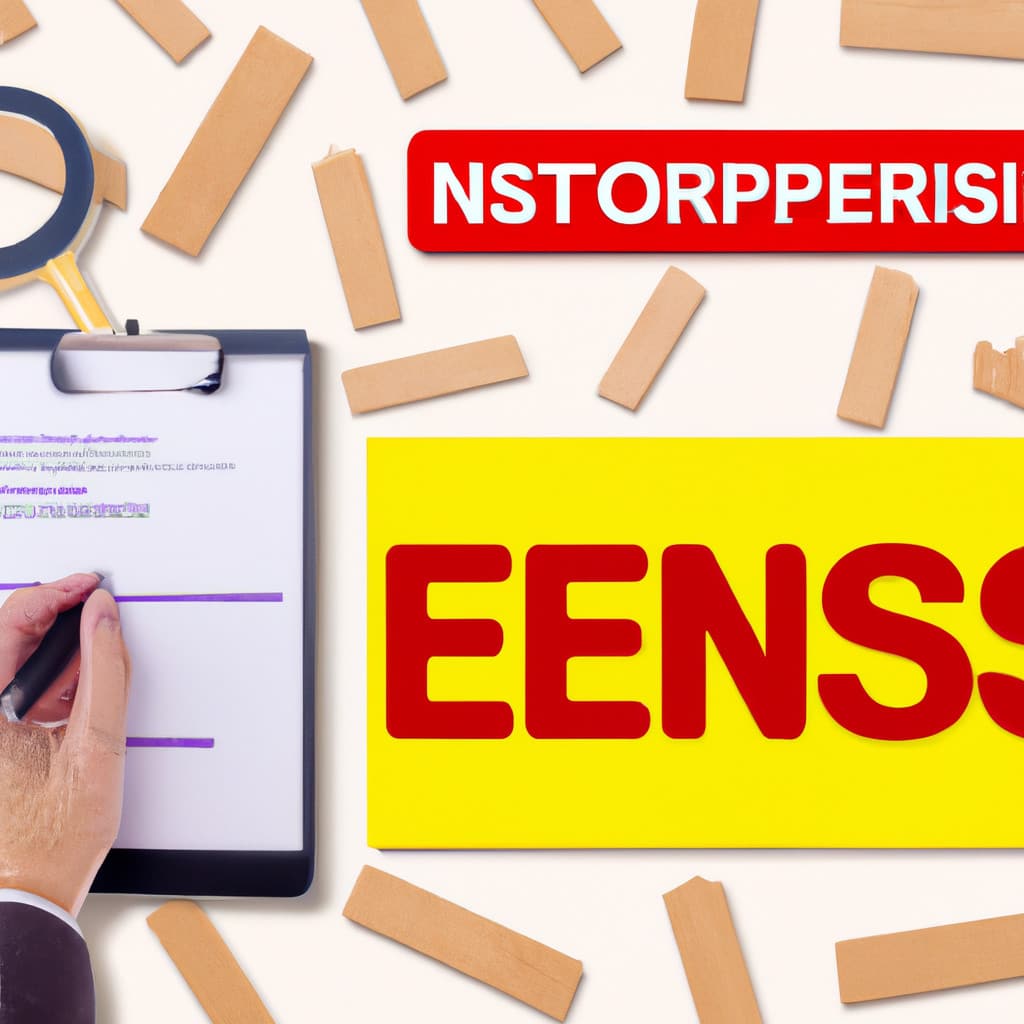7 Simple Steps to Unzip Files with PowerShell Batch: The Efficient Way
Have you ever faced the challenges of extracting multiple compressed files in various folders, sub-folders or spread across different directories? Worry no more! We have the perfect solution for you. In this expert article, we will examine how to unzip with PowerShell batch and learn seven efficient steps to handle all your unzipping needs like a true professional. Don’t worry if you have little or no experience with PowerShell; we will use easy-to-follow examples and technical language for expert software engineers to make the process seamless.
PowerShell is an essential tool for Windows system administrators, IT professionals, and software developers alike. Its scripting capabilities allow for automating tasks and processes, including handling compressed files in various formats such as ZIP, RAR, and 7-Zip.
Without further ado, let’s dive into our well-crafted guide on how to unzip files with PowerShell batch.
# 1. Preparing Your Environment
Before utilizing a PowerShell script to unzip files, ensure that PowerShell is installed and updated on your system. Launch PowerShell by searching for “PowerShell” in your start menu, then right-click and choose “Run as Administrator.”
# 2. Understanding Expand-Archive Cmdlet
PowerShell has a built-in cmdlet called Expand-Archive specifically designed for unzipping files. The Expand-Archive cmdlet allows you to extract files from a specified compressed archive file to a destination folder.
The basic syntax for the Expand-Archive cmdlet is as follows:
“`
Expand-Archive -LiteralPath -DestinationPath
“`
Here, “ represents the path to the ZIP file, and “ signifies the output folder where you want the extracted files to be stored.
# 3. Craft Your PowerShell Script
To unzip with PowerShell batch, you can create a simple script that leverages the Expand-Archive cmdlet. Open your favorite text editor and write the following script:
“`powershell
$source = “C:pathtoyourcompressedfile.zip”
$destination = “C:pathtoyourdestinationfolder”
Expand-Archive -LiteralPath $source -DestinationPath $destination
“`
Make sure to replace the `$source` and `$destination` variables with their respective file paths.
# 4. Save Your Script as a .ps1 File
Save the script as a PowerShell (.ps1) file by choosing “Save As” in your text editor and setting the file type to “All Files (*.*)” with a .ps1 extension, for example, “UnzipFiles.ps1.”
# 5. Execute the Script
To run the script, navigate to the folder containing “UnzipFiles.ps1” in PowerShell and execute the script by typing:
“`
.UnzipFiles.ps1
“`
The script will extract the content of your compressed file to the specified destination folder.
# 6. Customize Your Script for Batch Processing
For unzipping multiple files, you can extend the script using a loop structure. Here’s an example of how to modify the script to unzip all ZIP files within a specific folder:
“`powershell
$folderPath = “C:pathtoyourfolderwithZIPs”
$destination = “C:pathtoyourdestinationfolder”
Get-ChildItem -Path $folderPath -Filter *.zip | ForEach-Object {
$source = $_.FullName
Expand-Archive -LiteralPath $source -DestinationPath $destination
}
“`
This script iterates over each ZIP file in the specified folder and extracts them to the destination folder.
# 7. Handling Nested Directories and Various File Formats
To tackle more complex scenarios like unzipping files within nested directories or different formats, we can further modify our script as follows:
“`powershell
Function Unzip-Files {
Param (
[string]$sourceFolder,
[string]$destinationFolder,
[string]$fileExtension = “*.zip”
)
Get-ChildItem -Path $sourceFolder -Recurse -Include $fileExtension | ForEach-Object {
$source = $_.FullName
Expand-Archive -LiteralPath $source -DestinationPath $destinationFolder
}
}
$folderPath = “C:pathtoyourfolderwithZIPs”
$destination = “C:pathtoyourdestinationfolder”
Unzip-Files -sourceFolder $folderPath -destinationFolder $destination
Unzip-Files -sourceFolder $folderPath -destinationFolder $destination -fileExtension “*.rar”
“`
The `Unzip-Files` function now accepts an optional parameter for the file extension, allowing you to handle different file formats.
In conclusion, using PowerShell scripting can significantly increase your efficiency in managing compressed files. By following these seven simple steps, you will possess the power to unzip with PowerShell batch and handle various unzipping scenarios across different formats and directories. So, roll up your sleeves, have fun scripting, and enjoy a seamless unzipping experience!
How can I efficiently unzip multiple files using PowerShell in a batch process?
In PowerShell, you can efficiently unzip multiple files in a batch process using the `Expand-Archive` cmdlet. Here’s a step-by-step guide:
1. Open PowerShell.
2. Navigate to the directory containing the zip files using the `Set-Location` cmdlet:
“`
Set-Location -Path “C:pathtozipfiles”
“`
3. Retrieve all the zip files in the directory using the `Get-ChildItem` cmdlet and store them in a variable:
“`
$zipFiles = Get-ChildItem -Filter “*.zip”
“`
4. Create a destination folder for the unzipped files by using the `New-Item` cmdlet:
“`
$destination = “C:pathtounzippedfiles”
New-Item -Path $destination -ItemType Directory -Force
“`
5. Use a foreach loop to iterate through each zip file and extract its contents to the destination folder using the `Expand-Archive` cmdlet:
“`
foreach ($zipFile in $zipFiles) {
Expand-Archive -Path $zipFile.FullName -DestinationPath $destination
}
“`
This script will efficiently unzip all the zip files in the specified directory and extract their contents to the designated destination folder.
Remember to replace “C:pathtozipfiles” and “C:pathtounzippedfiles” with the appropriate paths for your use case.
What is the best way to extract all contents from a zipped file to a specific directory using PowerShell command-line?
The best way to extract all contents from a zipped file to a specific directory using PowerShell command-line is by employing the Expand-Archive cmdlet. Here’s an example of how to use it:
“`powershell
Expand-Archive -Path ‘C:SourceYourFile.zip’ -DestinationPath ‘C:DestinationFolder’
“`
Replace `’C:SourceYourFile.zip’` with the path to your zipped file, and `’C:DestinationFolder’` with the path to the directory where you want to extract the contents. The Expand-Archive cmdlet will take care of unzipping the files to the specified destination.
How do I handle errors and exceptions when unzipping files with PowerShell in a batch process?
When unzipping files with PowerShell in a batch process, it’s important to handle errors and exceptions to ensure the process runs smoothly. To do this, you can use a combination of try, catch, and finally blocks, along with the `Expand-Archive` cmdlet.
Here’s an example of how to handle errors and exceptions when unzipping files using PowerShell:
“`powershell
$sourceFolder = “C:PathToZippedFiles”
$destinationFolder = “C:PathToUnzippedFiles”
$zipFiles = Get-ChildItem -Path $sourceFolder -Filter “*.zip”
foreach ($zipFile in $zipFiles) {
try {
Expand-Archive -Path $zipFile.FullName -DestinationPath $destinationFolder -ErrorAction Stop
Write-Host “Successfully unzipped $($zipFile.Name)”
}
catch {
Write-Warning “Error unzipping $($zipFile.Name): $_”
}
finally {
# Perform any necessary cleanup or additional actions here
}
}
“`
In this script:
1. The `$sourceFolder` and `$destinationFolder` variables store the paths to the folders containing the zipped files and where you want to unzip them, respectively.
2. The `Get-ChildItem` cmdlet retrieves all the `.zip` files from the source folder and stores them in the `$zipFiles` variable.
3. A `foreach` loop processes each `.zip` file.
4. The `try` block attempts to unzip the current file using the `Expand-Archive` cmdlet. The `-ErrorAction Stop` parameter ensures that any errors are treated as terminating, allowing the `catch` block to handle them.
5. The `catch` block handles errors by writing a warning with the file name and error message.
6. The `finally` block is used to perform any necessary cleanup or additional actions after the `try` and `catch` blocks have executed.
By using this approach, your script will continue processing multiple files even if an error occurs, providing useful feedback on the specific files that had issues while unzipping.

